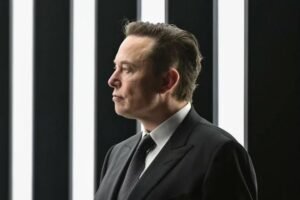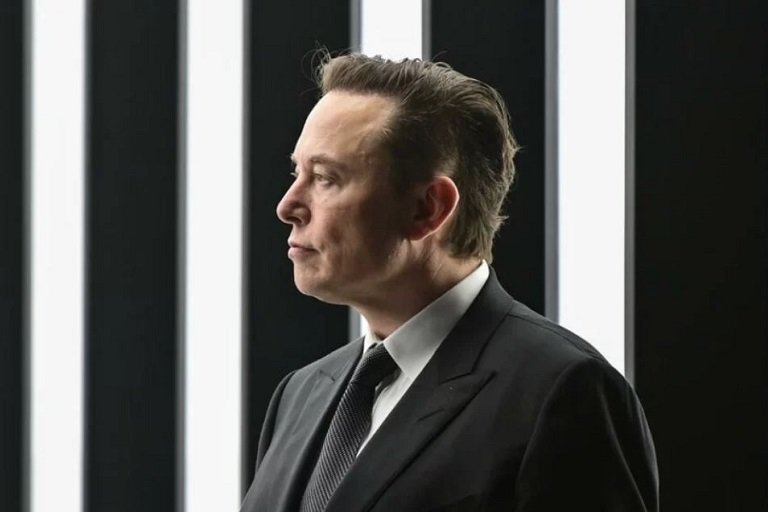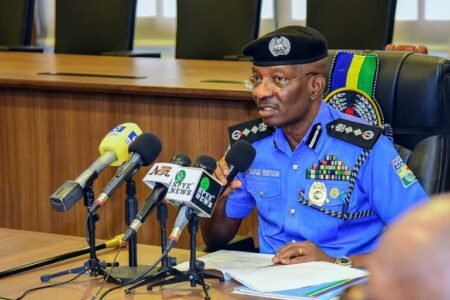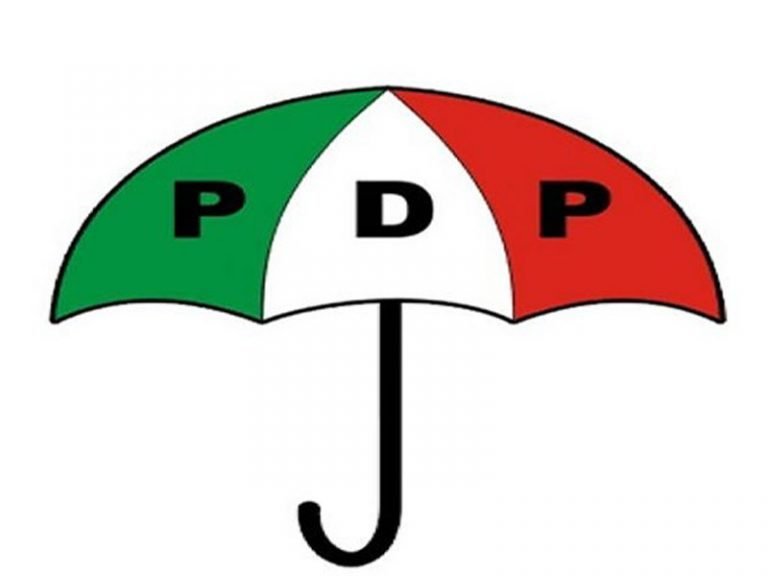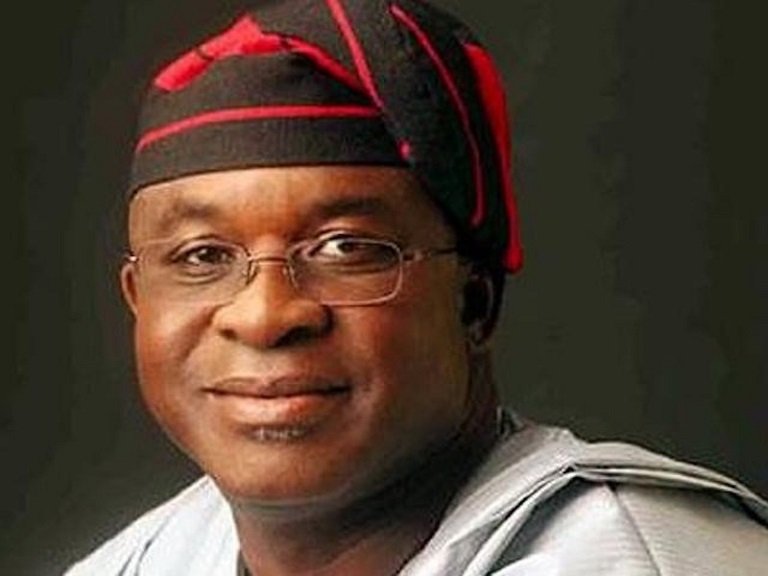A Court sitting in Florida found “reasonable evidence” that Tesla Chief Executive Elon Musk and other managers knew the automaker’s vehicles had a defective Autopilot system but still allowed the cars to be driven unsafely, according to a ruling.
Last Monday, Judge Reid Scott of the Circuit Court for Palm Beach County determined that the plaintiff in a fatal crash action could proceed to trial and seek punitive damages from Tesla for willful wrongdoing and gross negligence. The order has not previously been disclosed.
The decision is a setback for Tesla, which earlier this year won two product liability cases in California over its Autopilot driver assistance system.
The Florida complaint stems from a 2019 collision north of Miami in which owner Stephen Banner’s Model 3 collided with the trailer of an 18-wheeler big rig truck that had turned onto the road, shearing off the Tesla’s roof and killing Banner. A trial slated for October was postponed and has not been rescheduled.
According to Bryant Walker Smith, a law professor at the University of South Carolina, the judge’s summary of the evidence is noteworthy because it reveals “alarming inconsistencies” between what Tesla knew internally and what the company was saying in its marketing.
“This opinion opens the door for a public trial in which the judge seems inclined to admit a lot of testimony and other evidence that could be pretty awkward for Tesla and its CEO,” Smith said. “And now the result of that trial could be a verdict with punitive damages.”
The judge found evidence that Tesla “engaged in a marketing strategy that painted the products as autonomous” and that Musk’s public statements about the technology” had a significant effect on the belief about the capabilities of the products.”
Scott also determined that the plaintiff, Banner’s wife, should be able to convince jurors that Tesla’s warnings in its manuals and “clickwrap” agreement were insufficient.
The judge stated that the accident is “eerily similar” to a 2016 fatal crash involving Joshua Brown in which the Autopilot system failed to detect crossing trucks, leading vehicles to go underneath a tractor trailer at high speeds.
“It would be reasonable to conclude that the defendant Tesla, through its CEO and engineers, was acutely aware of the problem with the ‘Autopilot’ failing to detect cross-traffic,” the judge wrote.
Lake “Trey” Lytal III, Banner’s attorney, stated that they are “extremely proud of this result based on evidence of punitive conduct.”
The judge also noted a 2016 video of a Tesla vehicle driving autonomously as a way to sell Autopilot. The video begins with a disclaimer stating that the person in the driver’s seat is solely there for legal reasons. “The car is driving itself,” the message added.
This video depicts several scenarios “not dissimilar” from what Banner encountered, the judge wrote.
“Absent from this video is any indication that the video is aspirational or that this technology doesn’t currently exist in the market,” he wrote.
